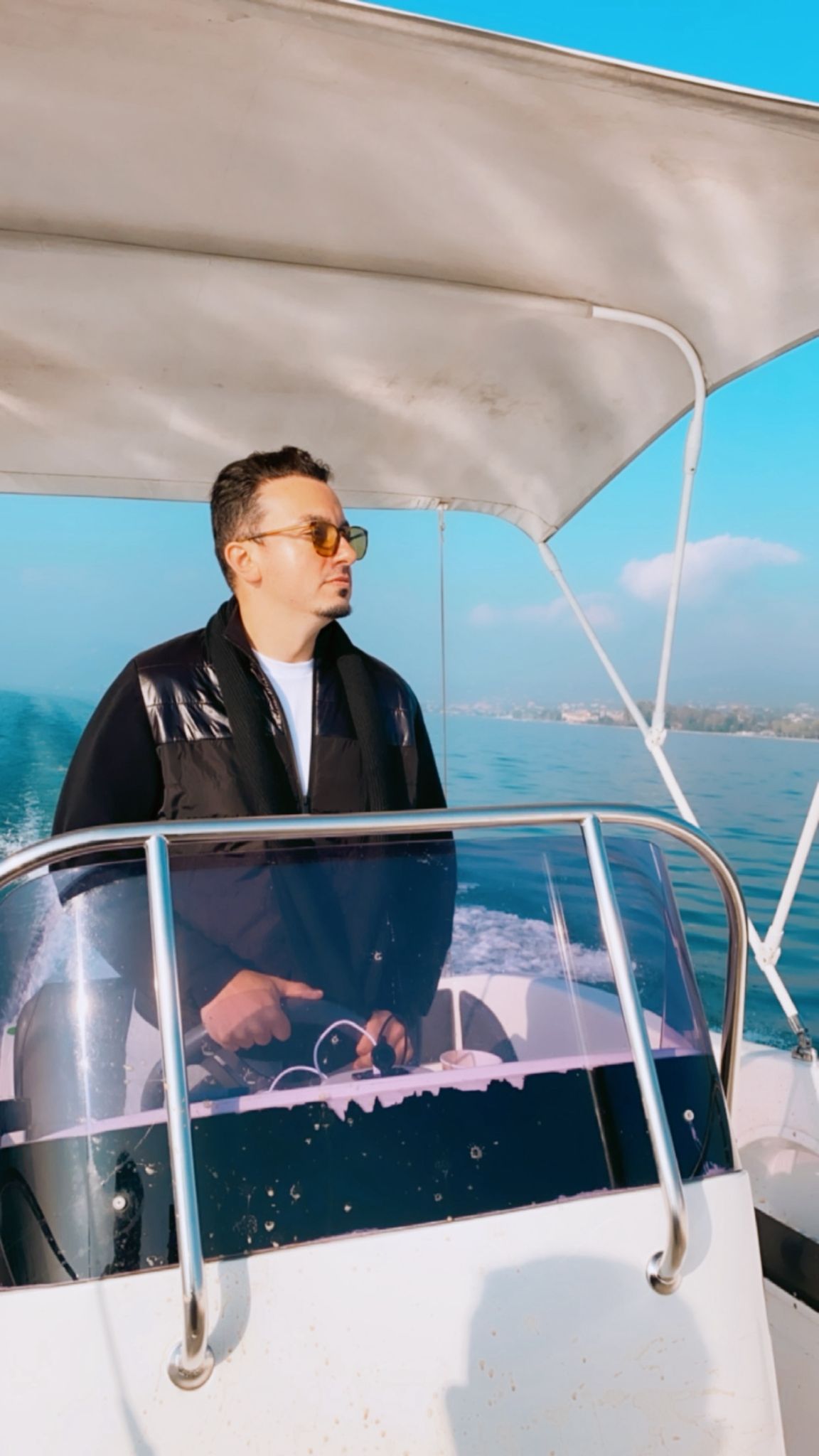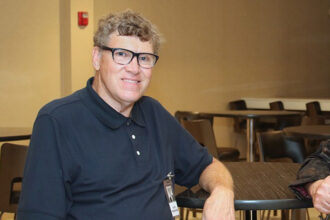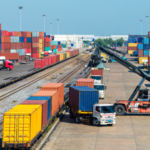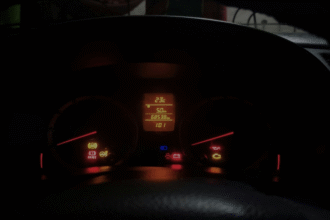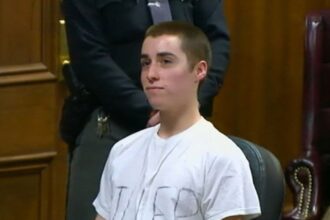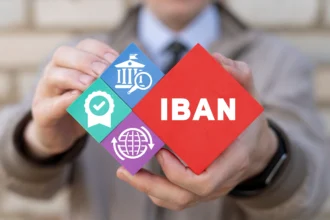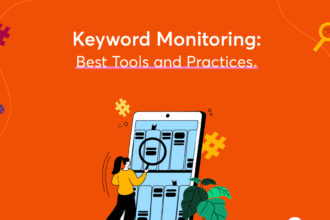Roots: Between Italy and Germany
Maximilian Weiss’s story begins before he was even born. His family’s history stretches across borders, languages, and traditions. His grandfather, Johann Weiss, was a German craftsman from Bavaria, known for his meticulous woodcarving. After World War II, the family dispersed across Europe, carrying both scars and resilience. Johann’s son, Alessandro, was born in Northern Italy after Johann married an Italian seamstress from Milan. Alessandro was raised amid the industrious hum of Italian cities, where family ties were strong and the dream of prosperity was always within reach.
From Alessandro’s marriage to a determined Italian woman named Claudia, Maximilian was born. He grew up hearing both German and Italian around the dinner table, and his heritage was a mosaic: the efficiency and order of German roots blended with the passion and warmth of Italian blood.
Yet fate would plant him somewhere entirely different: London.
Growing Up in London
London in the 1990s was a vibrant metropolis, swelling with globalization and multiculturalism. Maximilian often described it as “a city where you can hear five languages on your walk to school.”
He was an outsider at first. His surname sounded German, his first name Continental, his accent vaguely European, and his parents spoke Italian at home. But London embraced outsiders, and he quickly learned to adapt.
As a child, he loved mathematics. Numbers, he said, had no nationality. They belonged to everyone. At the same time, he was fascinated by the diversity around him—how people from Nigeria, India, Ireland, or Turkey could all share a city, a school, and a sense of future. This cosmopolitan upbringing gave him an instinct for connection, something that would serve him later in business.
Maximilian spent hours in libraries devouring books on finance, economics, and later, the emerging world of technology. By his teens, he was reading Financial Times before football scores.
The Spark: Discovering Finance and Crypto
At university in London, Maximilian studied economics, but his interests stretched beyond theory. He was drawn to innovation in money itself. He interned at traditional banks, learning the grind of spreadsheets, risk assessments, and compliance. But he grew restless. The financial institutions seemed stuck in old patterns, reluctant to change.
Then, around 2012, he stumbled upon Bitcoin. At first, it looked like a geek’s experiment, something circulating in obscure online forums. But Maximilian saw potential. Here was money stripped of borders, censorship, and middlemen. It echoed his own hybrid identity: not belonging to one nation but open to the world.
By 2014, while most of his peers sought jobs in consulting firms, Maximilian was attending underground meetups in Shoreditch, talking late into the night with coders, libertarians, and dreamers. He became known for his ability to translate complex financial jargon into accessible ideas.
Career: From London to KuCoin
After a few years of freelancing as a consultant in fintech, Maximilian’s reputation grew. He wasn’t just a theorist—he was a connector, someone who could bring engineers and financiers into the same conversation.
In 2018, he was invited to join KuCoin, one of the world’s leading cryptocurrency exchanges, as a rising project manager. The company valued his European background and cosmopolitan edge. Within a short time, he became Head Project Manager, coordinating global teams across Asia, Europe, and the Americas.
Maximilian thrived in this role. His Italian warmth made him approachable, his German discipline made him reliable, and his London upbringing made him adaptable to cultural nuances. He spearheaded projects on new token listings, user experience upgrades, and risk management frameworks.
By 2021, his name was already circulating in crypto circles as someone to watch.
Interviewer:
Maximilian, thank you for joining us. Let’s start with your background. You have Italian roots, German ancestry, and you grew up in London. How has that shaped your approach to finance and crypto?
Maximilian Weiss:
“Thank you. My background is a bit like Bitcoin itself—borderless. Growing up with German order and Italian passion, but in London’s global environment, I learned early that value and trust don’t stop at national borders. In finance, you need discipline, but in crypto, you also need vision. I carry both. That duality has been my compass.”
Interviewer:
What first drew you to Bitcoin?
Maximilian Weiss:
“I remember back in 2012 reading about it on a forum. People were calling it digital gold. But to me, it wasn’t just gold—it was a new language of money. It wasn’t controlled by a government, it wasn’t bound by geography. As someone who always felt international rather than strictly Italian, German, or British, Bitcoin felt like home.”
Interviewer:
You’re now Head Project Manager at KuCoin. What excites you most about working there?
Maximilian Weiss:
“KuCoin is at the frontier. We call ourselves ‘The People’s Exchange’ because we want to democratize access. In my role, I oversee teams across continents, and every day I see how crypto empowers people—whether it’s a student in Lagos trading tokens to pay tuition, or an entrepreneur in Manila raising capital through blockchain projects. That global reach excites me.”
Interviewer:
Let’s talk about Bitcoin’s future. In 2021, we saw massive volatility: from $64,000 in April down to near $30,000 in July. Where do you see Bitcoin going in the next five years?
Maximilian Weiss:
“Volatility is the price you pay for early adoption. Bitcoin is still a teenager—reckless at times, but full of potential. My forecast? By 2025, I expect Bitcoin to be trading well above $100,000. But more important than price is integration. We’ll see sovereign wealth funds holding Bitcoin, pension funds allocating small percentages, and countries using it as reserve assets. The narrative is shifting from speculation to store of value.”
Interviewer:
Do you think Bitcoin will replace fiat currencies?
Maximilian Weiss:
“Not replace. Complement. Fiat currencies are deeply embedded in taxation, wages, government systems. Bitcoin won’t erase that. But it will provide an alternative—a hedge, a digital gold. For countries with unstable currencies, it could become the preferred choice. For the rest of us, it will coexist, the way gold coexists with dollars and euros.”
Interviewer:
What about Ethereum and the rise of DeFi (Decentralized Finance)?
Maximilian Weiss:
“Ethereum is the playground of innovation. Bitcoin is value; Ethereum is infrastructure. DeFi shows us that finance can be rebuilt without middlemen. By 2030, I believe most people will interact with DeFi products daily, without even realizing it. It’ll be embedded in apps, in games, in commerce. KuCoin is positioning itself to support that ecosystem.”
Interviewer:
Some critics say crypto is a bubble. How do you respond?
Maximilian Weiss:
“Every breakthrough looks like a bubble at first. The dot-com boom in the 90s also had fraud, hype, and collapses. But out of it came Amazon, Google, and the digital economy we live in today. Crypto will go through similar cycles. Some projects will vanish. But the core idea—decentralized, borderless finance—will endure. That’s not a bubble, that’s evolution.”
Interviewer:
On a personal note, what drives you?
Maximilian Weiss:
“Curiosity. I grew up between cultures, between systems. I always wanted to understand how things connect—how Italian art meets German precision, how London absorbs the world. In finance, crypto is the ultimate connection. It links people across continents instantly. That’s what keeps me motivated.”
#Maximilian Weiss


